Gregory Nolan is a former federal prosecutor and current white-collar defense attorney at Brown White & Osborn.
The headlines suggest prosecutors are kicking ass and taking names in the fight against white-collar crime.
In only the past few weeks, federal prosecutors indicted Sen. Bob Menendez (D-N.J.) on even more corruption charges, and the chief financial officer at former President Donald Trump’s family real estate company pled guilty to lying about the value of its assets.
On March 28, a federal judge sentenced Sam Bankman-Fried to 25 years in prison for his $8 billion fraud as the head of FTX, and this month, we will see the sentencing of another disgraced former CEO of a crypto exchange company, Changpeng Zhao of Binance.
The Department of Justice wants you to think these notable cases translate to meaningful accountability for white-collar criminals more generally. In a self-congratulatory speech last month, Deputy Attorney General Lisa Monaco, the DOJ’s second highest-ranking official, cited the FTX and Binance cases as proof that the department was “executing” its mission to “identify the most serious wrongdoers — individual and corporate — and focus our full energy on holding them accountable.”
“Those who break the law pay the price,” she said.
But they often don’t. According to research from Syracuse University, there were fewer white-collar prosecutions in 2022 than any other year on record. And based on the data we have so far, 2023 will likely prove to have broken that record.
The lack of enforcement is inexplicable, given how much white-collar crime costs Americans. Defrauding federal COVID-relief programs alone amounted to $300 billion in losses, making the fraud the largest in history. According to one prominent law professor’s estimate, white-collar crime annually costs the country as much as $800 billion a year, or nearly half of last year’s federal budget deficit. Moreover, there’s room for fraud to grow. We’re only in the early days of generative AI, but fraudsters have already begun deploying it to convincing effect, including custom-generated phishing attempts and deepfake videos using public figures to lure victims to fake services. As AI gets better, so will the scams using it.
The staggering losses associated with white-collar crime are also unfairly shared. According to a 2017 DOJ study, women are likelier to be victimized than men, African Americans likelier than whites, and those of lower income likelier than those earning $50,000 to $100,000.
So what can the DOJ do? In the same speech discussed above, Deputy Attorney General Monaco outlined the department’s plans to launch a new “DOJ-run whistleblower rewards program” to assist in corporate misconduct cases. The program would financially reward those who report fraud, but only if they are not guilty of it themselves.
It’s a good idea, but if you really want to make a difference, you have to make a deal with the devil: Give white-collar criminals a get-out-of-jail-free card — with strings attached, of course.
Federal prosecutors in Manhattan, followed quickly by those in San Francisco, recently launched such programs, allowing prosecutors to enter into non-prosecution agreements with whistleblowers who voluntarily disclose corporate or financial misconduct.
To be eligible, a person must identify criminal conduct that authorities do not know about, agree to cooperate fully with authorities, and not occupy a position of corporate or public leadership. Monaco, the deputy attorney general, highlighted these programs in her speech last month, but she unfortunately declined to expand them nationwide.
“We look forward to evaluating the results of these pilots and determining what’s to come later this year,” she said. This potential foreshadowing is perplexing, though. A full evaluation of the pilots’ outcomes and impact could not be done in mere months, because white-collar cases usually take years to investigate and prosecute, especially the complex ones that the pilot programs appear geared toward. So if there’s not going to be a full evaluation, why wait when we need action now?
No doubt there are legitimate fairness concerns about a program that is designed to benefit white-collar criminals, especially since they tend to come from more privileged backgrounds than other defendants. But here’s the reality: Because white-collar crime is harder to detect, special incentives are needed to expose it. Fraud only works when the victim is oblivious to being victimized. This secret victimization makes fraud harder to identify than other crimes.
Contrast, for example, the secrecy of fraud with a drug conspiracy. An addict knows their dealer is committing drug crimes — that’s the point of the relationship. An undercover cop will pay an addict for an intro to their dealer, buy drugs from him, and then arrest him. The dealer then flips against his supplier to get leniency, or even if he doesn’t, a search warrant for his phone generally identifies the supplier. From there, the cop works his way up, perhaps getting a wire to identify all the conspiracy’s players.
White-collar crime has no equivalent to the street dealer — no easy target to pick off and build a larger case on.
White-collar crime is also more difficult to prove. A prosecutor must show not only what the defendant said was false, but that the defendant knew it was false. There’s no equivalent hurdle with other common crimes. Burglars obviously know they aren’t breaking into their own home, for instance.
Proving that someone knew they were lying gets harder as the financial crime gets bigger. Consider a CEO of a large retailer who lies about her company’s sales to make it look more profitable and, in turn, inflate the stock. If the CEO claims to have relied on incorrect data — or even to have misinterpreted vague data — from subordinates, it will be hard to prove that the CEO knew she was lying, unless someone on the inside tells authorities what the CEO knew.
But how do you get that person to come forward? Criminals don’t want to go to prison, so they tend to only discuss their criminal enterprise with those necessary for it to succeed. And the only people who need to know about a fraud are co-conspirators in the fraud. We need to give those people a reason to snitch.
Federal prosecutors in Manhattan and San Francisco are doing that. To engage in crime is to sit beneath the sword of Damocles. For those who do not like living their life wondering if and when they’ll be caught, the Manhattan and San Francisco programs offer a way out. It’s time to take these programs national.






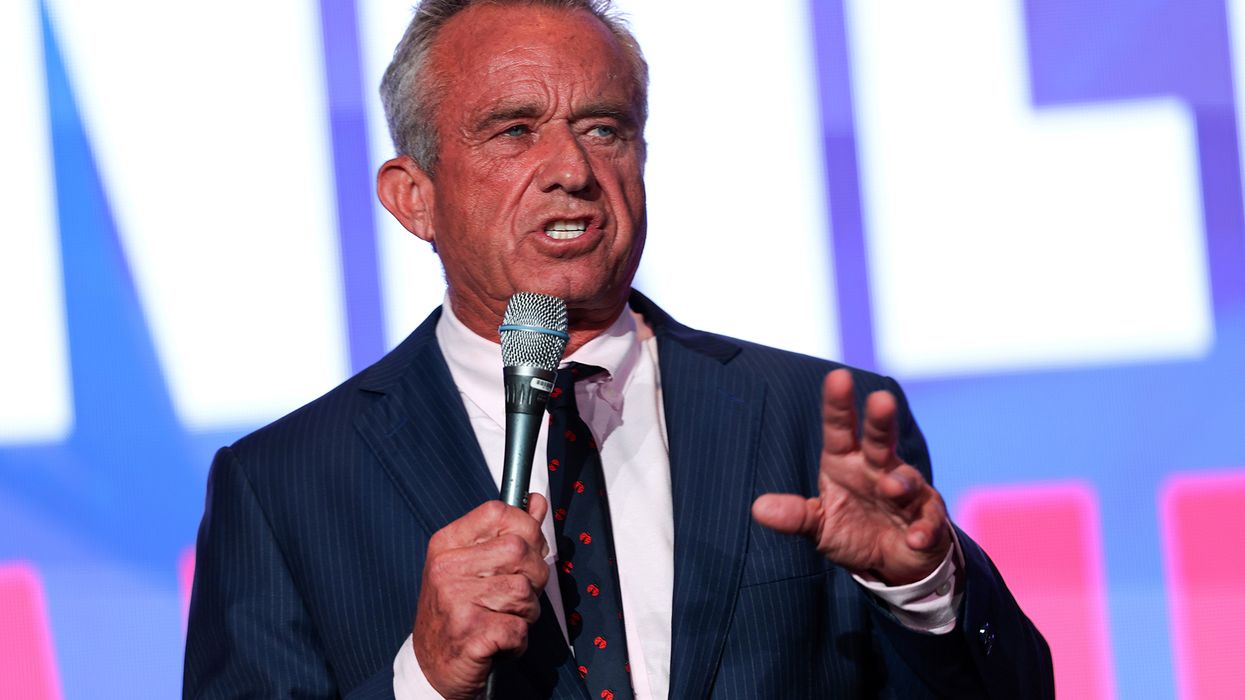
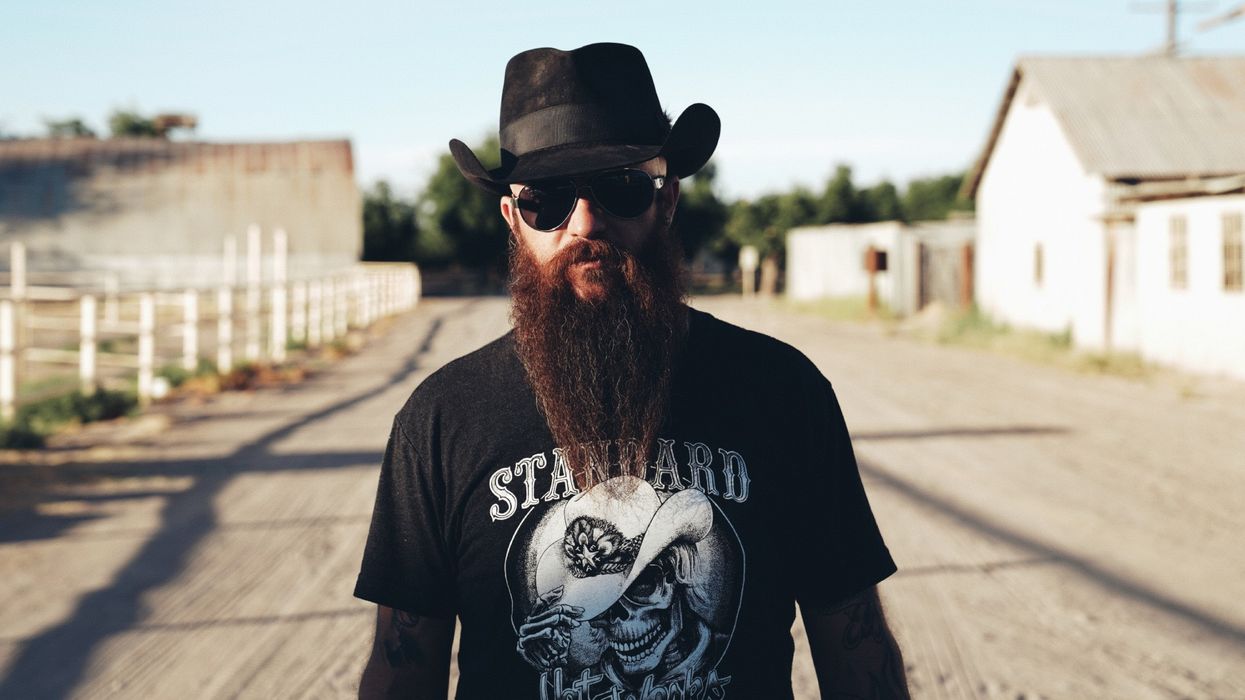
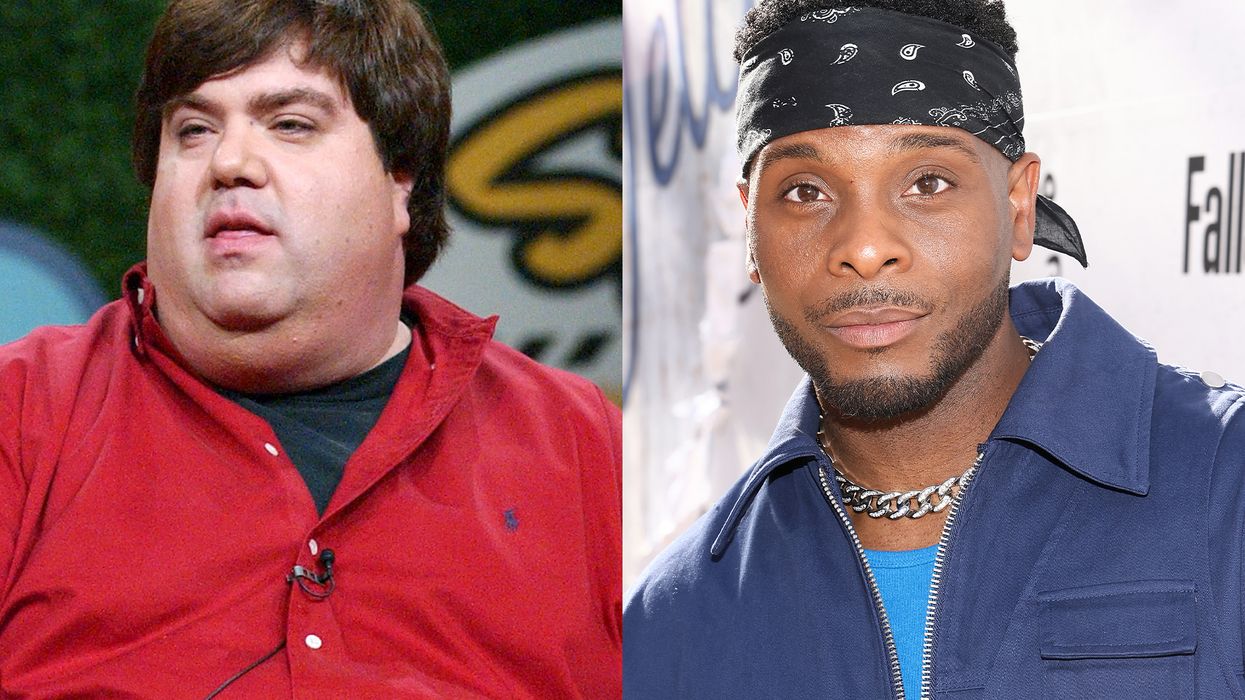

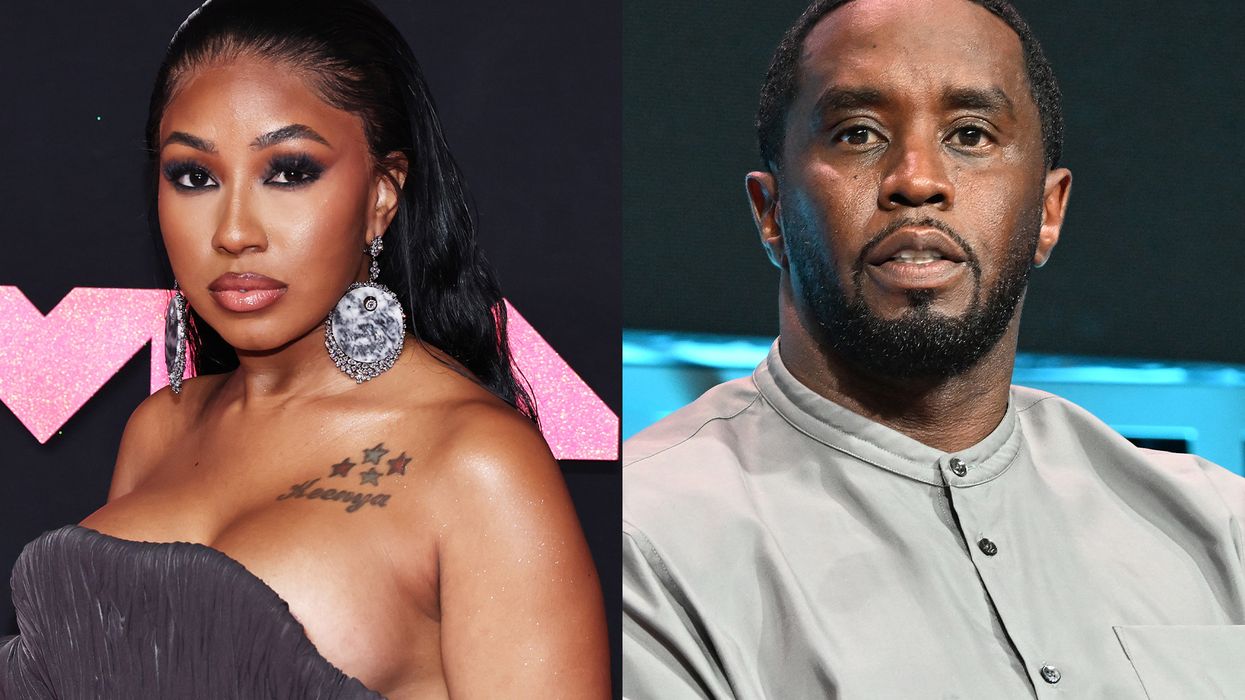
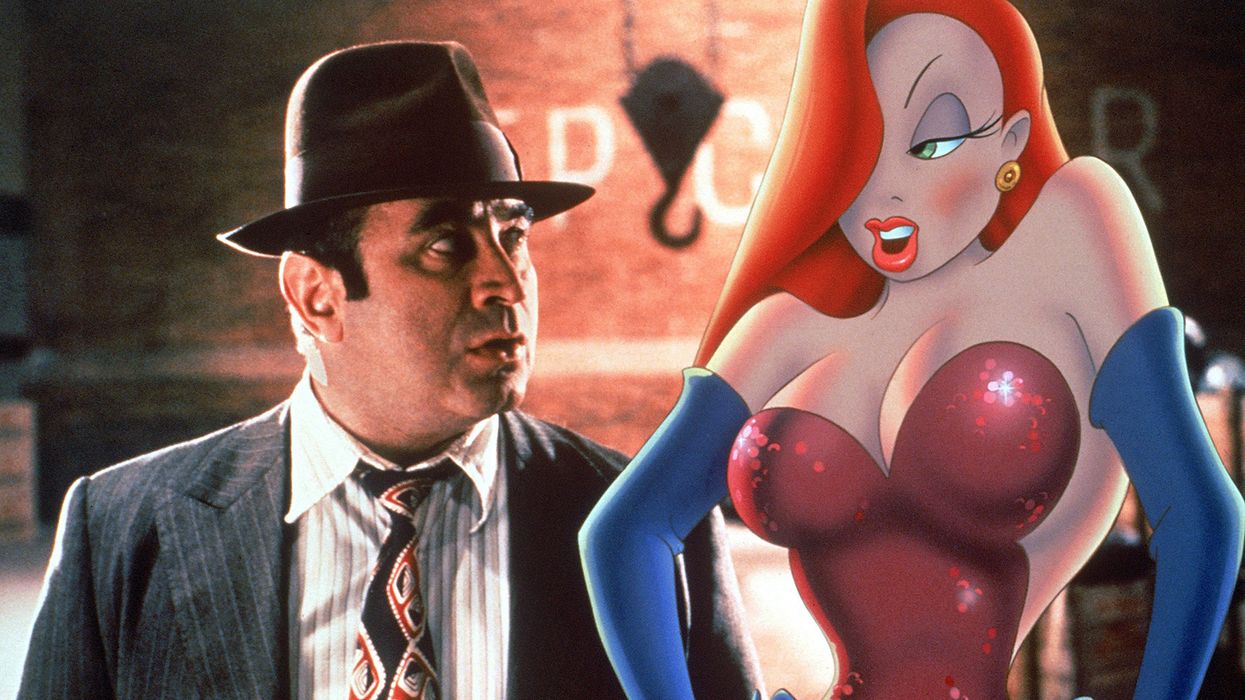





To Fight Corporate Crime, the DOJ Should Give People a Reason to Snitch